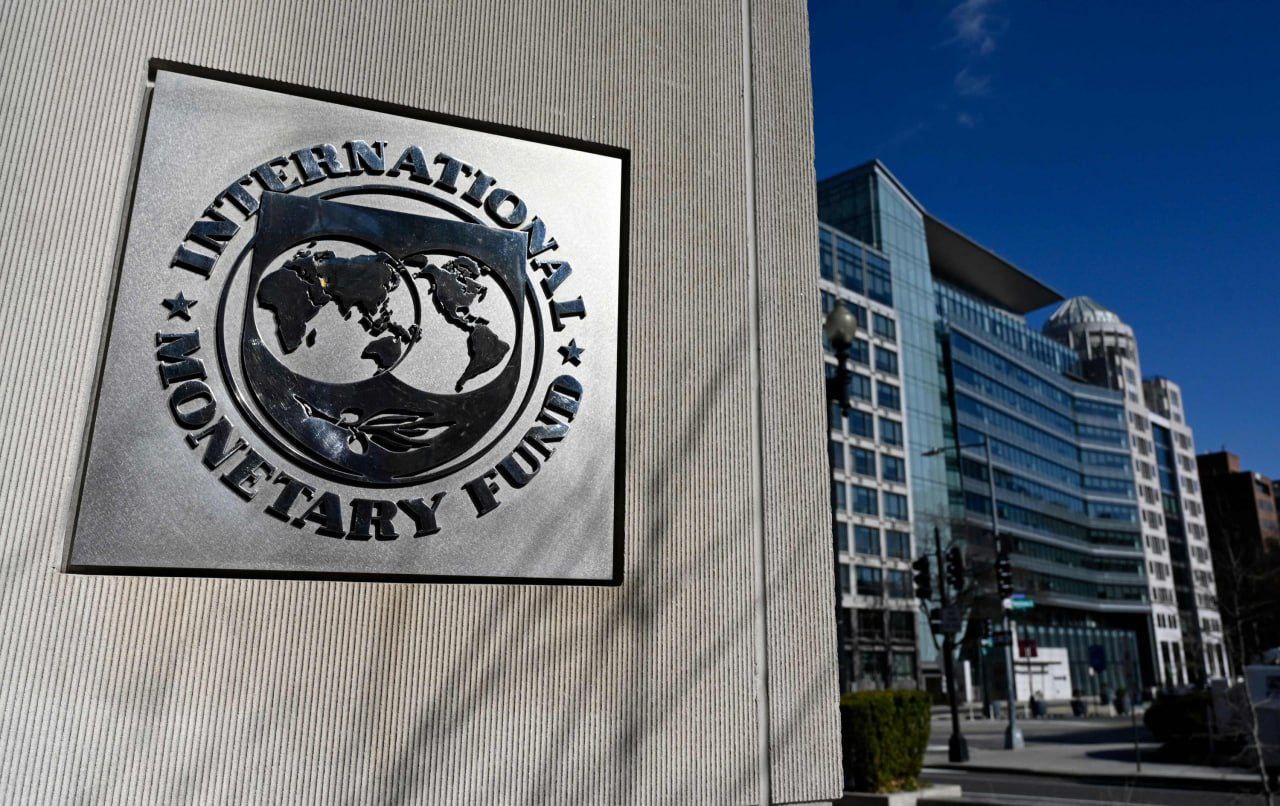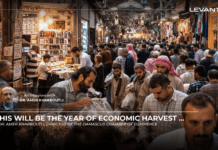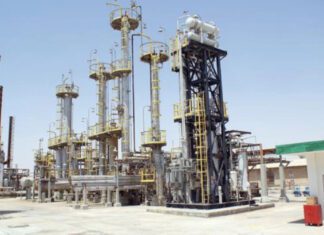 The International Monetary Fund (IMF) has announced an agreement with Syria on an intensive cooperation program for the coming period. The announcement followed a visit by an IMF team to Damascus from November 10 to 13 to assess the country’s economic situation and discuss priorities in reform and capacity building.
The International Monetary Fund (IMF) has announced an agreement with Syria on an intensive cooperation program for the coming period. The announcement followed a visit by an IMF team to Damascus from November 10 to 13 to assess the country’s economic situation and discuss priorities in reform and capacity building.
Syria’s Fiscal Strategy and Signs of Economic Recovery
Ron van Roden, head of the visiting IMF team, said the Syrian economy is showing early signs of recovery, reflected in rising consumer and investor confidence as Syria gradually reintegrates into regional and global economic systems following the lifting of sanctions and the return of over one million refugees. He noted that Syrian authorities have adopted tight fiscal and monetary policies despite significant constraints, aiming to preserve economic and financial stability.
Discussions in Damascus focused on shaping the government’s 2026 budget, designed to expand fiscal space to meet essential needs, including support for the most vulnerable groups, while relying on ambitious yet realistic revenue and financing projections.
He stressed the importance of creating a simple, competitive, and enforceable tax system avoiding exemptions which could lead to evasion. He also emphasized restructuring public institutions and executing major investment projects with the private sector, in line with good governance standards and with the Ministry of Finance maintaining oversight of potential liabilities.
Establishing a Monetary Policy Framework Through IMF Support
Roden said IMF staff will provide extensive technical assistance to reinforce Syria’s financial framework. This includes support in improving public financial management, enhancing revenue systems, completing new tax legislation, developing a strategy for accumulated debts, and strengthening debt management.
He added that IMF staff will also assist in drafting new financial sector legislation and regulations, rehabilitating payment and banking systems to ensure secure and efficient financial transactions, and restoring banks’ role in financial intermediation to support economic recovery. Another component involves rebuilding the central bank’s capacity to effectively implement monetary policy and supervise the financial system.
The IMF mission reaffirmed the Fund’s commitment supporting Syria as it works to rehabilitate the economy and rebuild core institutions, expressing appreciation to Syrian authorities for what it described as “open and constructive discussions.”
Syria’s Relationship With the IMF
Finance Minister Muhammad Barnieh said Syria has not borrowed from the IMF and that “there is no borrowing on the table at the moment.” While the IMF has provided a grant, not loan, Barnieh explained that cooperation with the IMF is strictly technical, covering areas such as financial sector reform, printing new currency, and upgrading payment systems.
He noted accepting IMF technical assistance does not incur financial obligations but involves institutional and political commitments meant to ensure the effectiveness and sustainability of the support. These commitments, he said, differ fundamentally from the stringent conditions attached to loans.








